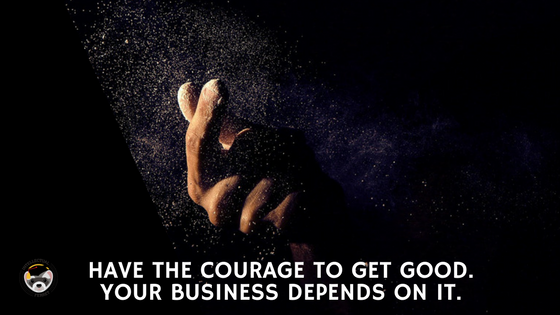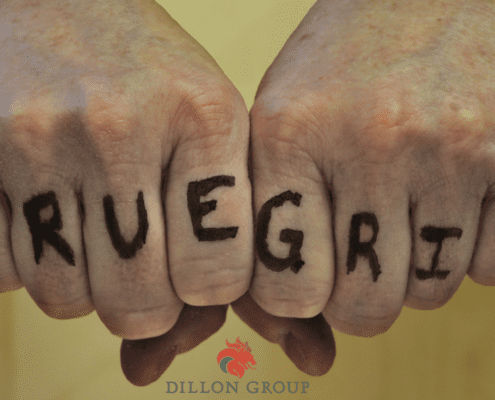Be Like Amundsen
A story of Courage and Improvement in the Race to the South Pole

I was recently reading The 21 Irrefutable Laws of Leadership and a specific quote regarding courage stood out to me:
“Some of Scott’s last words were these: “We shall die like gentlemen. I think this will show that the Spirit of pluck and power to endure has not passed out of our race.” Scott had courage but not leadership.”
Emphasis mine. The background to this quote is this: two competing ventures to reach the South Pole first. One was led by Roald Amundsen, the second by Robert Falcon Scott. Scott was a British officer who ventured into the Antarctic poorly prepared, lacking supplies, cold weather gear, and more. As the quote attests, his entire venture wound up dying in the cold wastes of the area.
On the other hand, Rolad Amundsen spent time planning. He had supply caches to reduce the amount of weight his group carried. They used dogsleds to navigate the snowy land. Their equipment was the best available at the time. It’s no surprise they got to the South Pole first- after all, Amundsen thought about the journey and what he needed to do. Most importantly, he acknowledged that he needed to learn before attempting the journey. In fact, he spent time with and learned from people that lived in similar climates.
What can we learn about courage from this story? To me, the important takeaway is this: Having the courage to acknowledge and improve your weaknesses is just as important as the courage to do the task you need to complete. The fundamental difference between Scott and Amundsen is how one used to courage to improve the chances of survival by developing the skills necessary to live. They both had the courage to jump into the cold wastes of the Antarctic. Only Amundsen had the courage to “get good” before trying.
Scott had all the courage in the world. He was probably even more courageous, in the sense that he was not supplying himself with the proper tools and training to complete the journey. However- Scott hamstrung his venture by not being courageous enough to recognize he needed to improve his skills, gear, and supply chain before attempting the journey. Both groups had the guts to get to the destination, only, one was led by a leader who had to courage to improve. The others died.












